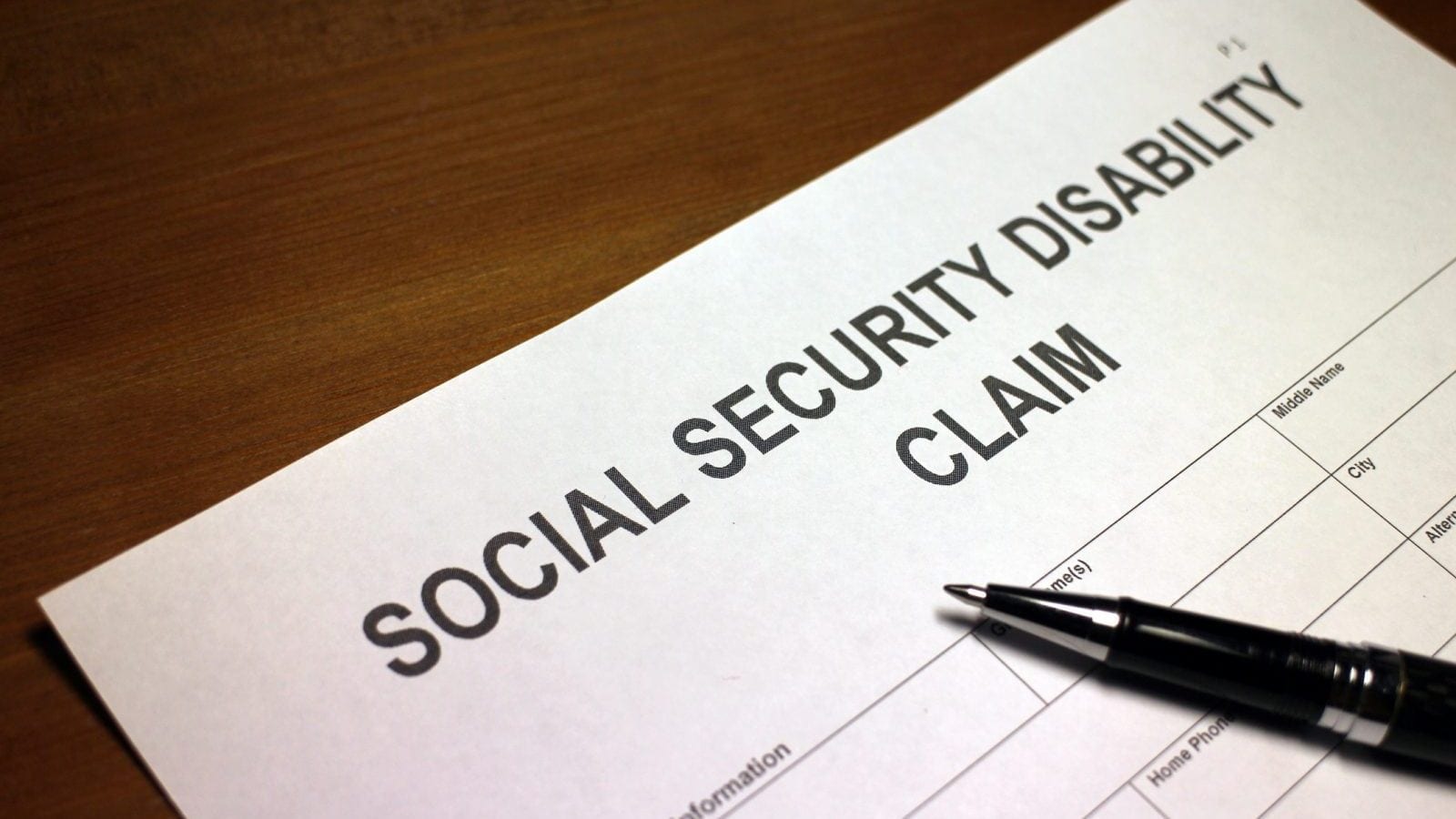
Every state has different laws about how disability benefits are calculated, who can collect them, and what the qualifications and processes are to apply. In California, all employees pay into the state SDI program. It’s part of your normal payroll deductions. This opens the door for you to collect benefits on a weekly basis so long as the benefits last, or until you go back to work.
Unfortunately, sometimes it’s tricky to get these benefits, and many people are denied on their first effort. It’s possible, however, to appeal these denials. Learn about short-term disability benefits in California, who is eligible for these benefits, how to collect, and when you need help from a lawyer.
Short-Term Disability Eligibility
All those employees who have made a minimum of $300 in wages over a period of twelve months before the most recent quarter’s end, can apply for short-term disability benefits under SDI, assuming that during this period, SDI payroll deductions have been taken out of their paycheck. They must also miss eight days of work consecutively before they are eligible to start collecting payments. Finally, they must be under a doctor’s care, who will certify them unable to work.
Defining “Disability”
Disability is defined as any time a doctor certifies you unable to do your job. It’s important to understand that you have to be unable to do your job, not any job. If you can’t do the normal duties of your current job, you can be designated as disabled.
In general, pregnancy is covered under SDI for up to four weeks before you are about to give birth, and for up to four weeks following the birth. If the birth is a C-section, you get six weeks after the birth. Likewise, those who are recovering from elective or cosmetic surgery are also covered, so long as a doctor certifies them disabled.
SDI Payments
An SDI payment is based on how much you earned during the base period and is in the amount of 55% of your average wages during this period. If you have worked two jobs during that period, both will count towards your SDI payment. The maximum, regardless of your pay, that you can receive, is $1,173. These payments are not taxable unless you’re also receiving unemployment benefits.
Benefits will be paid for up to one year, or 52 weeks, for most people if they remain disabled that whole time. Those who are self-employed and pay in can get benefits for only 39 weeks, and those in drug or alcohol rehabilitation only get benefits for up to 90 days unless they receive a certified disability of addiction.
Finally, your SDI payment can be reduced if you receive sick time, PTO, or social security disability payments. Paid vacation, however, will not affect SDI payments.
Working with an Attorney
Even with such a solid system in place, there are far too many people who find themselves denied benefits the first time they apply. If this happens to you, fear not: the battle isn’t over. You can still appeal the denial, but you may need help from a qualified attorney like the Law Offices of Dr. Bill LaTour. We’ve been helping disabled individuals in the Greater Los Angeles area, the Inland Empire, and Orange County get the disability benefits they need for years. Call Dr. Bill LaTour and his team today at 800-803-5090 or fill out our online form to schedule a free consultation.







